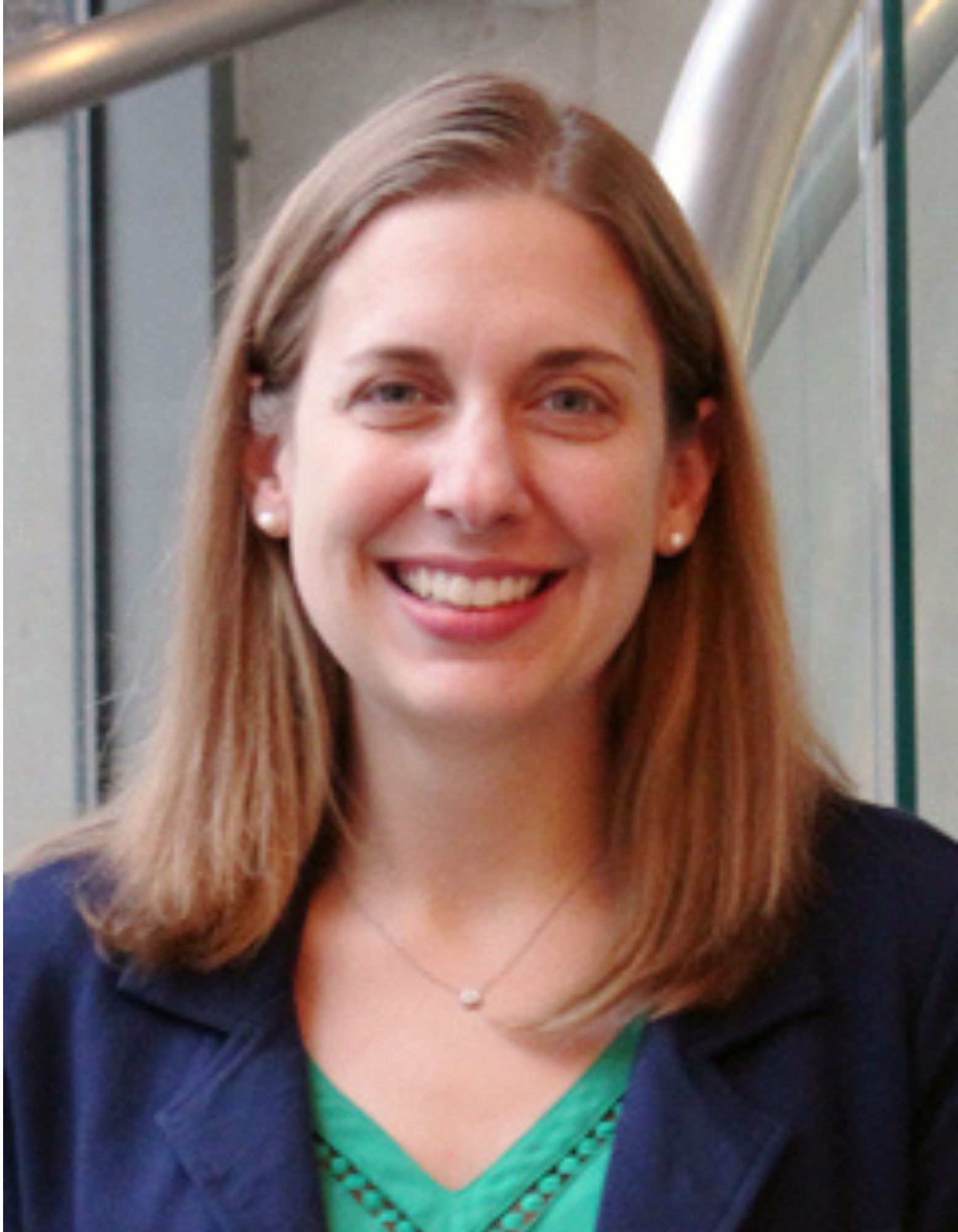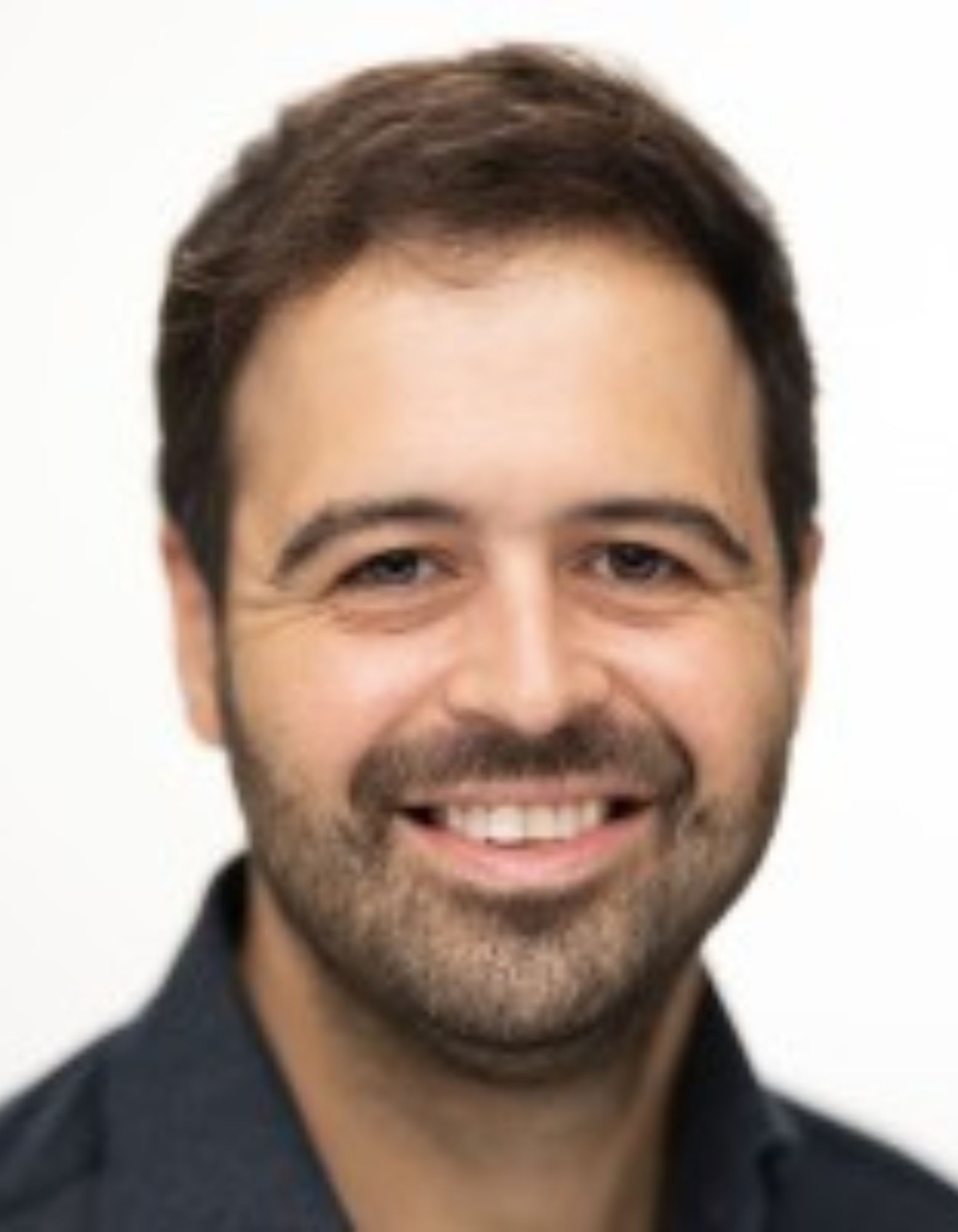IND-Enabling Studies for Platform Clinical Trials of Genome Editors in Multiple Diseases
In phase 2, the SCGE aims to accelerate the translation of genome editing therapies into the clinic by exploring the extent to which the use of a therapeutic genome editing platform can streamline the regulatory path for multiple disease indications. Find the latest research publications from theses projects on our website.

Personalized prime editing as a platform for hepatic inborn errors of metabolism
Inborn errors of metabolism (IEMs) are rare, devasting disorders arising from pathogenic variants in genes encoding enzymes of key biochemical pathways. To address the unmet medical need of IEM patients, we aim to develop a master protocol for the rapid development of personalized prime-editing therapies for severe, rare hepatic IEMs. For our leader indication, we have selected phenylketonuria (PKU), and for our follower indications we have selected ultra-rare, severe, neonatal urea cycle disorders (UCDs) and organic acidemias (OAs). We seek to develop just-in-time, personalized, liver-directed prime- editing therapies addressing the pathogenic variants identified through newborn screening at our large referral center. Our primary objectives are to (1) establish a therapeutic platform, comprising a single prime editor and AAV delivery system, for numerous hepatic IEMs, and (2) streamline approvals through regulatory innovation, informed by stakeholder input and disseminated to the scientific community.

Rebecca Ahrens-Nicklas
PI
Children’s Hospital of Philadelphia

Kiran Musunuru
PI
University of Pennsylvania

Lindsey George
Co-I
Children’s Hospital of Philadelphia

William H Peranteau
Co-I
Children’s Hospital of Philadelphia

Megan Allyse
Co-I
Case Western Reserve University

Rosario Isasi
Co-I
University of Miami

Marsha Michie
Co-I
Case Western Reserve University

Kelly Ormond
Co-I
ETH Zurich

Sarah Grandinette
Graudate Student
University of Pennsylvania
AAV-mediated editing to treat human autosomal dominant hearing loss DFNA41 and DFNA2

Zheng-Yi Chen
PI
Mass Eye & Ear

Roger J Hajjar
Co-PI
Mass General Brigham Gene and Cell Therapy Institute

Nathan Yozwiak
Co-PI
Mass General Brigham Gene and Cell Therapy Institute

Ben Kleinstiver
Co-PI
Center for Genomic Medicine at Mass General Hospital

Xue Zhong Liu
Co-PI
University of Miami Miller School of Medicine

Yilai Shu
Co-PI
Eye & ENT Hospital of Fudan University

